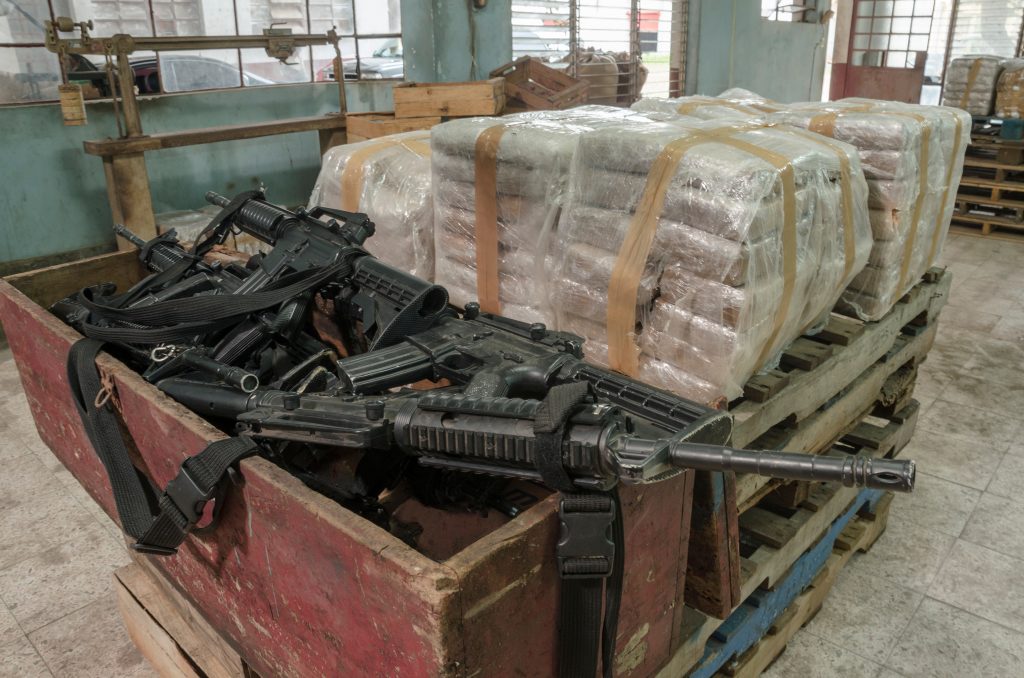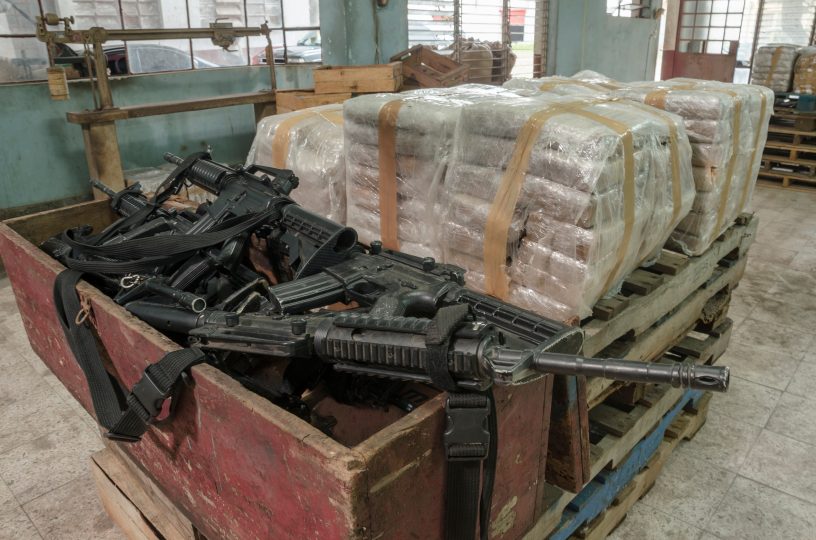
Philippine President Rodrigo Duterte’s war on drugs fulfils the elements of command responsibility but, more importantly, command responsibility captures the truth of the war on drugs, says the author.
Author
Raphael A. Pangalangan, Assistant Professor, Jindal Global Law School, O.P. Jindal Global University, Sonipat, Haryana, India.
Summary
President Rodrigo Duterte won on a law-and-order campaign promise to fatten the fish in Manila Bay with the corpses of criminals. By the time the Philippines withdrew from the Rome Statute, the body count stood at a reported 30,000, a fifth of whom were openly killed in Philippine National Police (PNP) anti-drug operations.
Duterte has since been accused of Crimes Against Humanity, inter alia, as “a person effectively acting as a military commander” under Article 28(a) of the Rome Statute for failing to prevent, repress, and report the crimes of his police subordinates. This study tests the veracity of that claim.
It seeks to determine whether Duterte, as the Chief Executive and overall superior of the PNP – statutorily, a civilian group – may be held liable as a military-like commander under the doctrine of command responsibility. At the core of this query lies a singular concern far from simple: the meaning of military-likeness.
Published in: Asian Journal of International Law
To read the full article, please click here.


